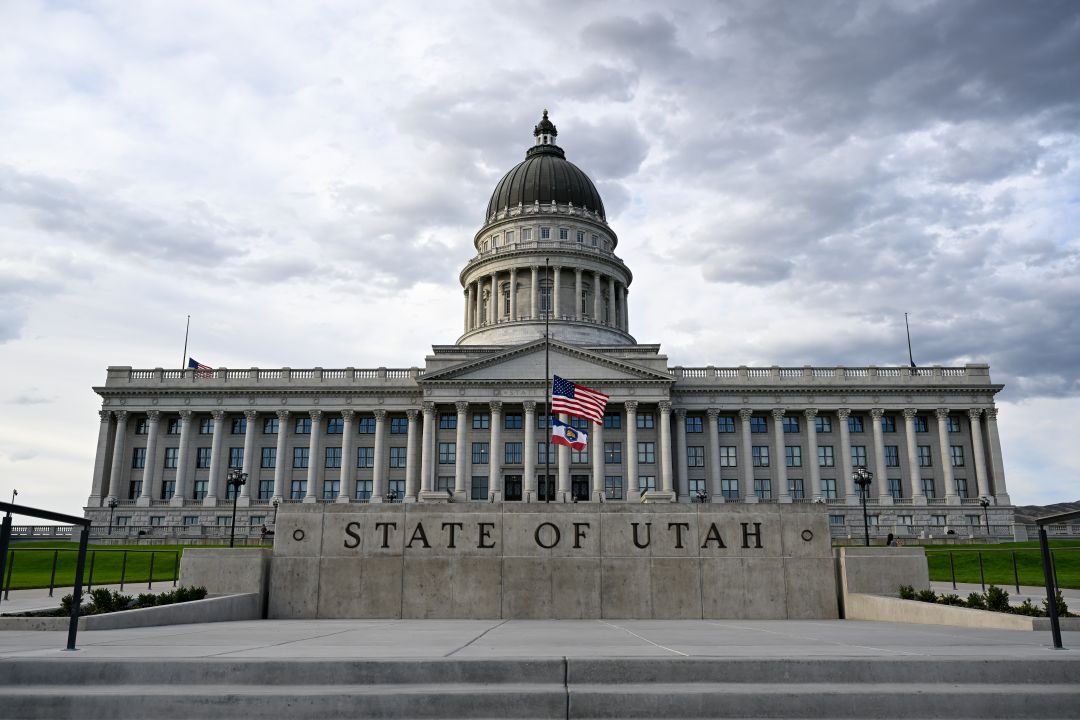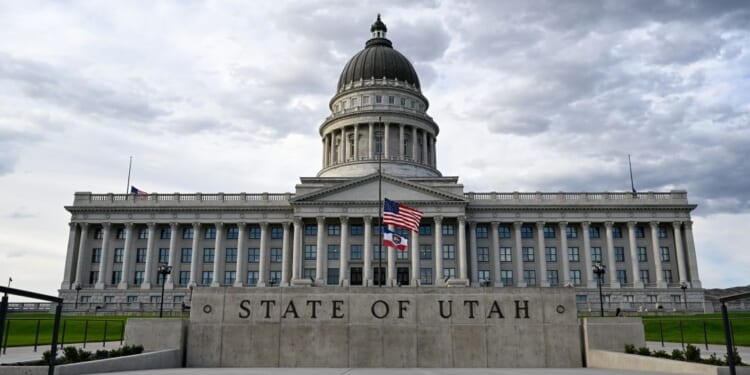
Lawmakers passed sweeping limits on public sector union power, but opponents have gathered record-breaking signatures to attempt to overturn it in 2026.
In 2011, then–Wisconsin Gov. Scott Walker made national headlines by signing Act 10 into law, dramatically curbing public sector unions collective bargaining power. Seven years later, the landmark U.S. Supreme Court case Janus v. AFSCME cemented right-to-work protections for public sector employees nationwide. Now, another seven years on, Utah has joined the fight with a sweeping new reform.
Earlier this year, the Utah legislature passed House Bill 267, which bans public sector collective bargaining—the process that allows unions to negotiate on behalf of all workers in a unit, including nonmembers. The law also ended the practice of “release time” (where public employees could do union business on the taxpayer’s dime), tightened reporting requirements to give workers more transparency on union spending, and offered a nonunion option for professional liability insurance.
Continue reading the entire piece here at Reason
______________________
C. Jarrett Dieterle is a legal policy fellow for the Manhattan Institute.
Photo by Tayfun Coskun/Anadolu via Getty Images
















